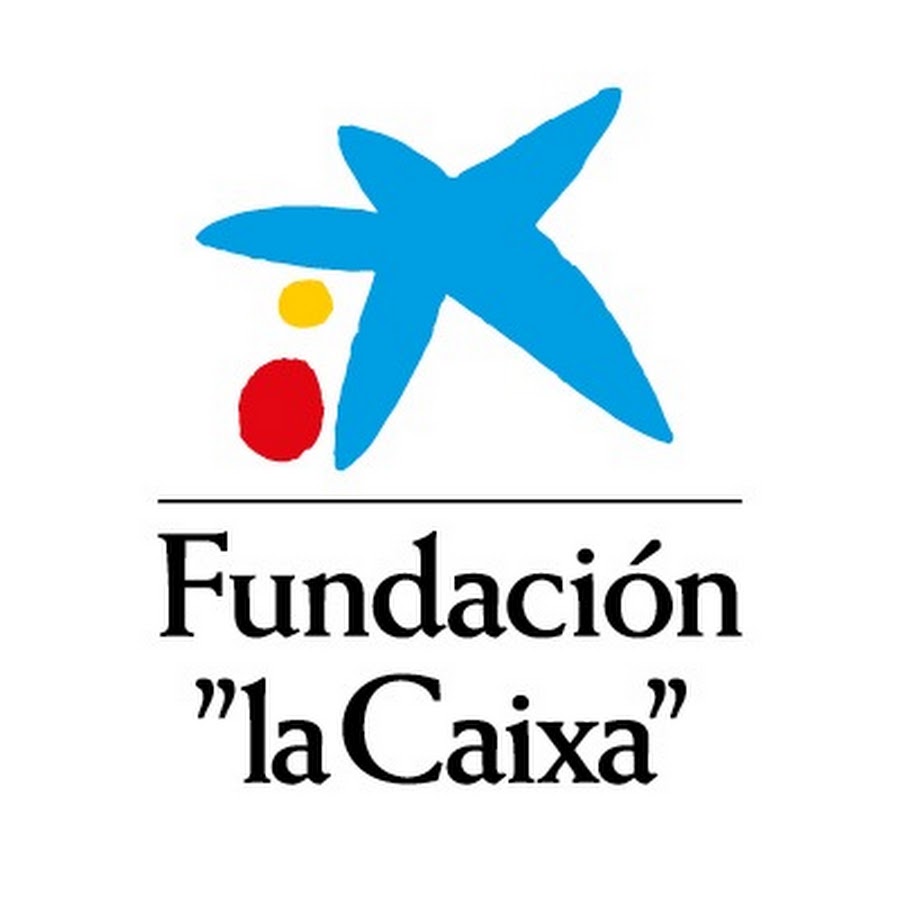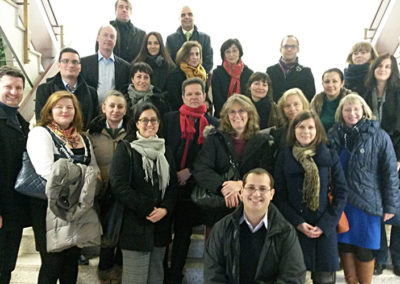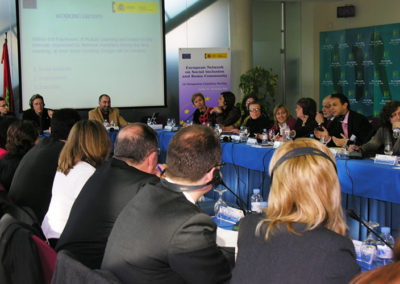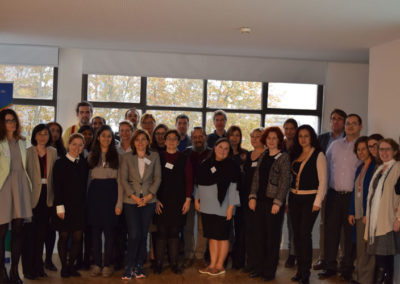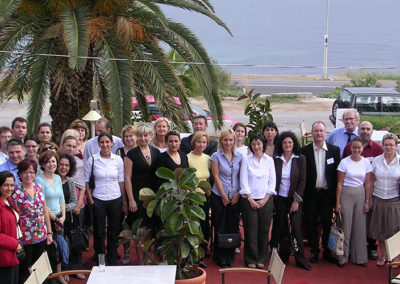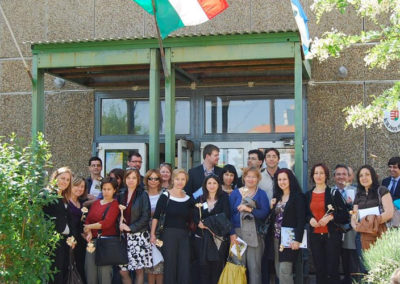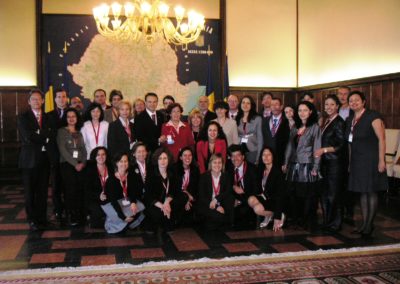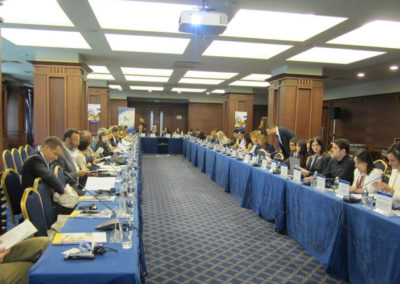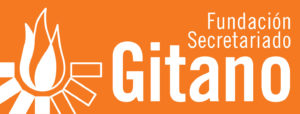EURoma Network was launched in 2007 by the Spanish Government (Spanish ESF Managing Authority) in cooperation with Fundación Secretariado Gitano (FSG) and builds on the successful experience of Spain using Structural Funds for Roma inclusion (in particular, the 2000-2006 Operational Programme ‘Fight against Discrimination’).
EURoma was established in the context of the 2007-2013 Structural Funds programming period, which increased the scope for transnational cooperation between public authorities and civil society actors.
Several factors motivated the creation of EURoma Network:
- The need to guarantee the fundamental rights of the Roma population;
- The 2004 and 2007 EU enlargements, when 12 new countries from Central and Eastern countries with high concentration of Roma population joined the EU;
- The fact that Structural Funds, and in particular the ESF, were identified as key financial instruments for the implementation, by Member States, of policies fostering social inclusion, cohesion and employment opportunities;
- The limited impact of the Structural Funds on Roma (e.g. scarce knowledge on how to address Roma inclusion in the Operational Programmes and how to actually reach Roma in the implementation);
- The Spanish experience of effectively using the ESF for the inclusion of the Roma population.
During its years of work, EURoma has become a fundamental actor at European level in connection to Roma population and European Cohesion Policy Funds (previously Structural and Investment Funds). The Network has developed a wide range of actions to achieve this goal and contribute to the implementation of the 2007-2013 and 2014-2020 programming periods and to the advances in the 2021-2027 period, including the incorporation of the specific priorities on Roma (Investment Priority 9.2. Socioeconomic integration of marginalised communities such as the Roma in the 2014-2020 programming period and Specific Objective (j) Promoting the socio-economic integration of marginalised communities, such as Roma people in the 2021-2027 programming period).
Read more about EURoma’s trajectory and main products since its launch in 2007: ‘Promoting the Use of ESI Funds for Roma inclusion. A glance at EURoma’s eight years of work and how Roma inclusion is considered in the 2014-2020 programming period’.
From February 2013 to February 2015, the work of the EURoma Network was complemented by the work of the European Social Fund (ESF) Learning Network “Reinforcing policy learning for Roma inclusion” (also referred to as ‘EURoma+ Network’ or ‘ESF Roma Inclusion Network’).
The EURoma+ Network focused on the planning process of the 2014-2020 programming period and involved eight EURoma partner countries (Bulgaria, Czech Republic, Greece, Hungary, Italy, Romania, Slovak Republic and Spain).
The activities of the Network were aimed at maximazing the impact and effectiveness of the Structural Funds for Roma inclusion by seeking high political commitment for the planning process of the 2014-2020 programming period and ensuring that the lessons learnt during the 2007-2013 programming period were taken into consideration for the new programming period.
EURoma + was led by the Spanish Government (Spanish ESF Managing Authority) and counted with the active involvement and funding of the European Commission. Fundación Secretariado Gitano (FSG) acted as the Technical Secretariat.
Funded by:



